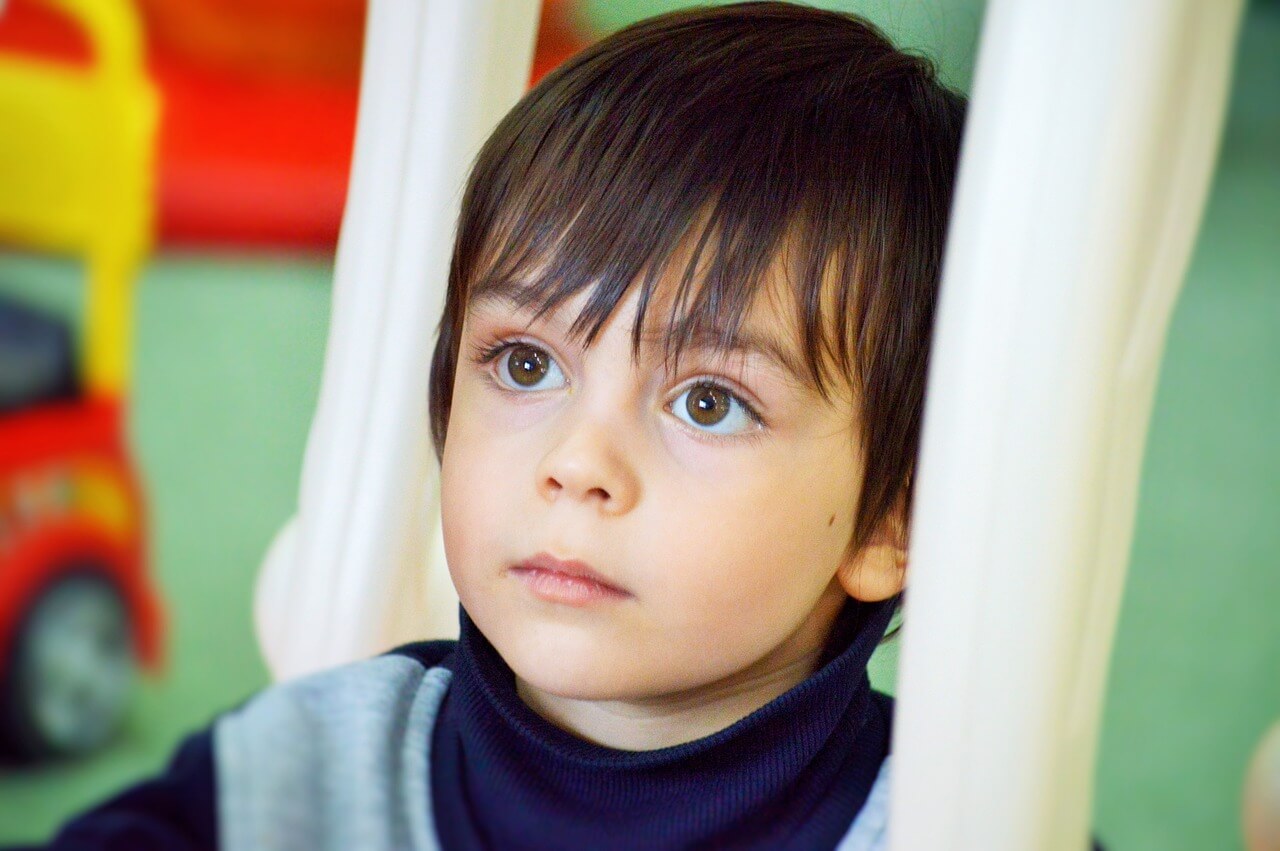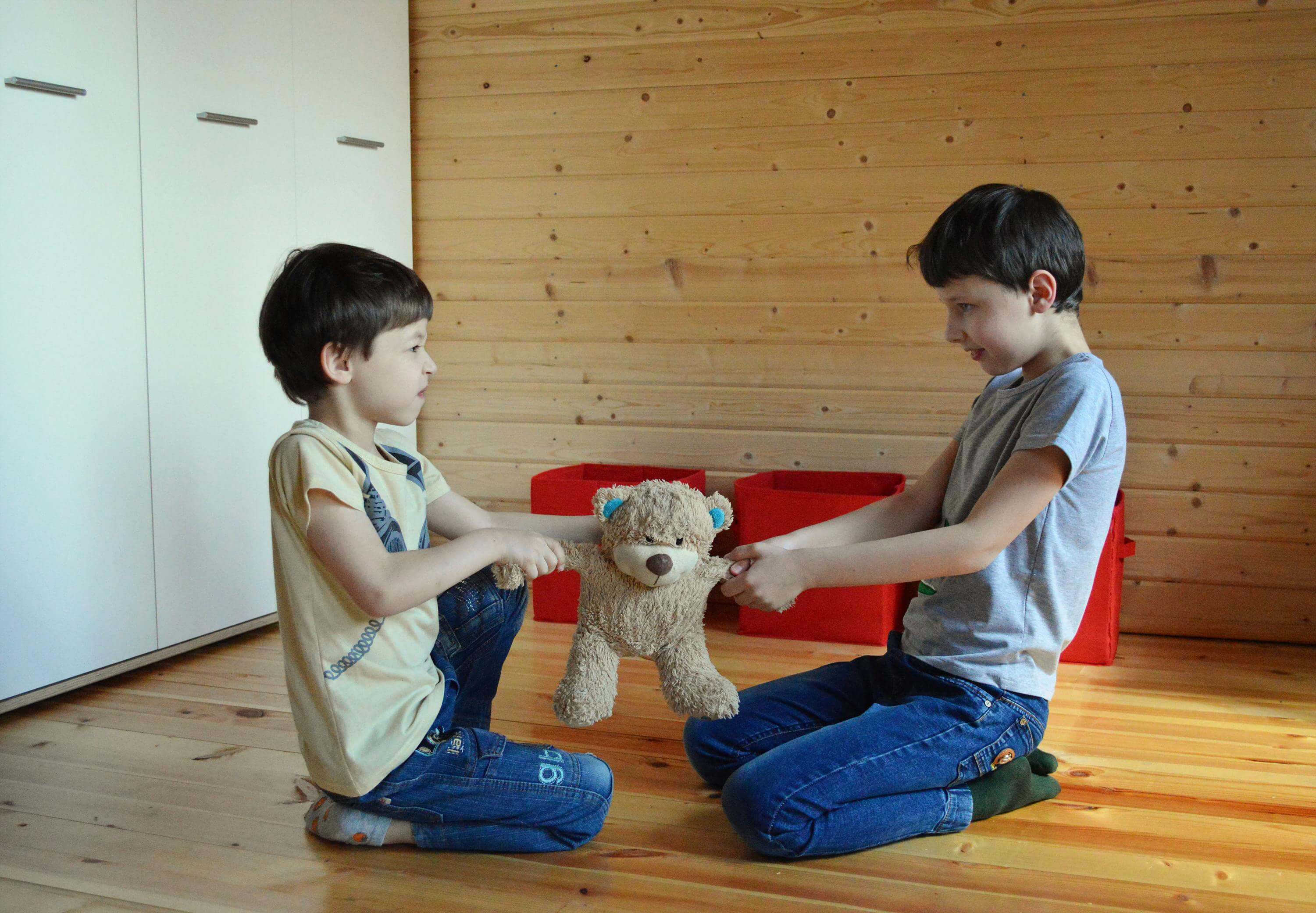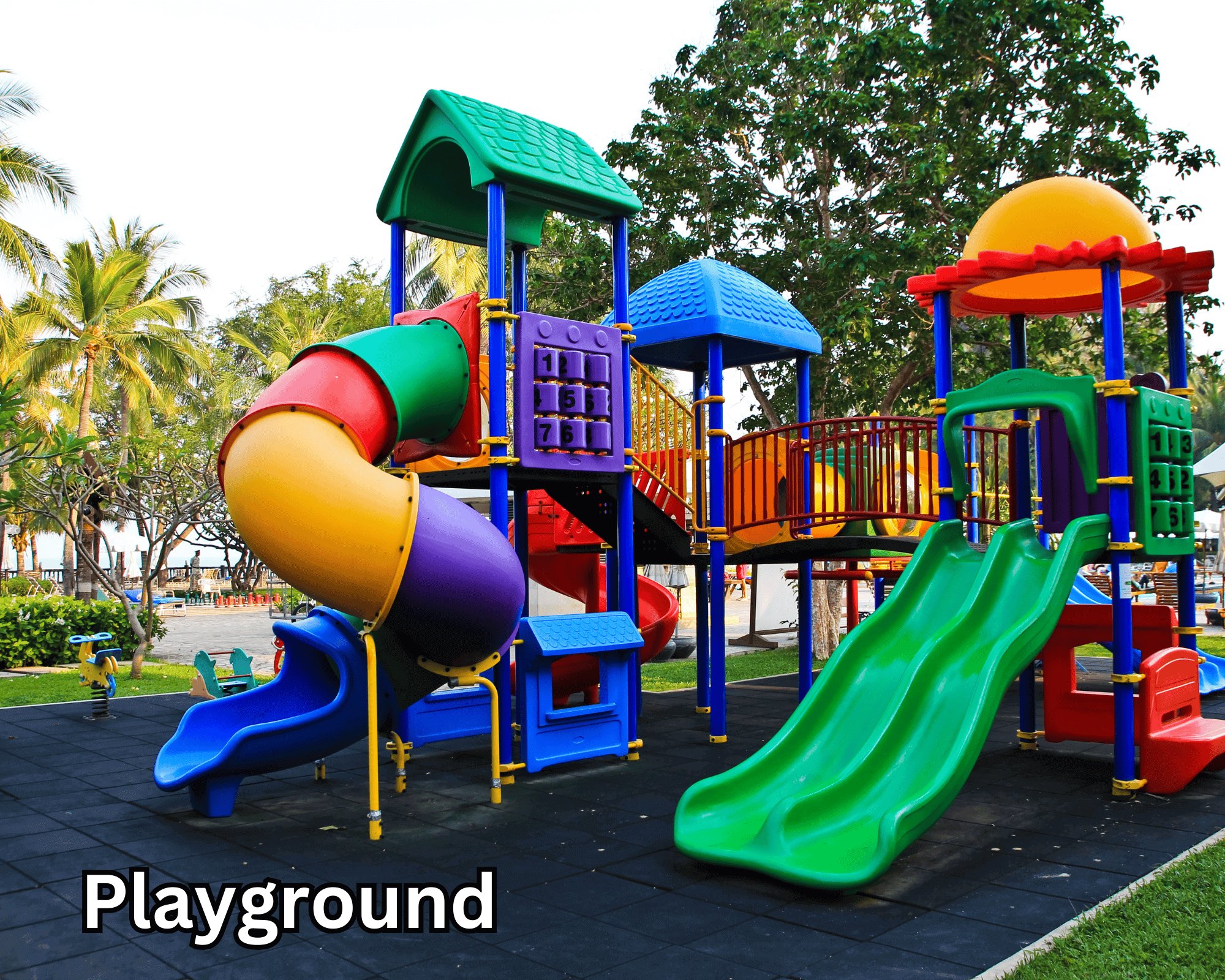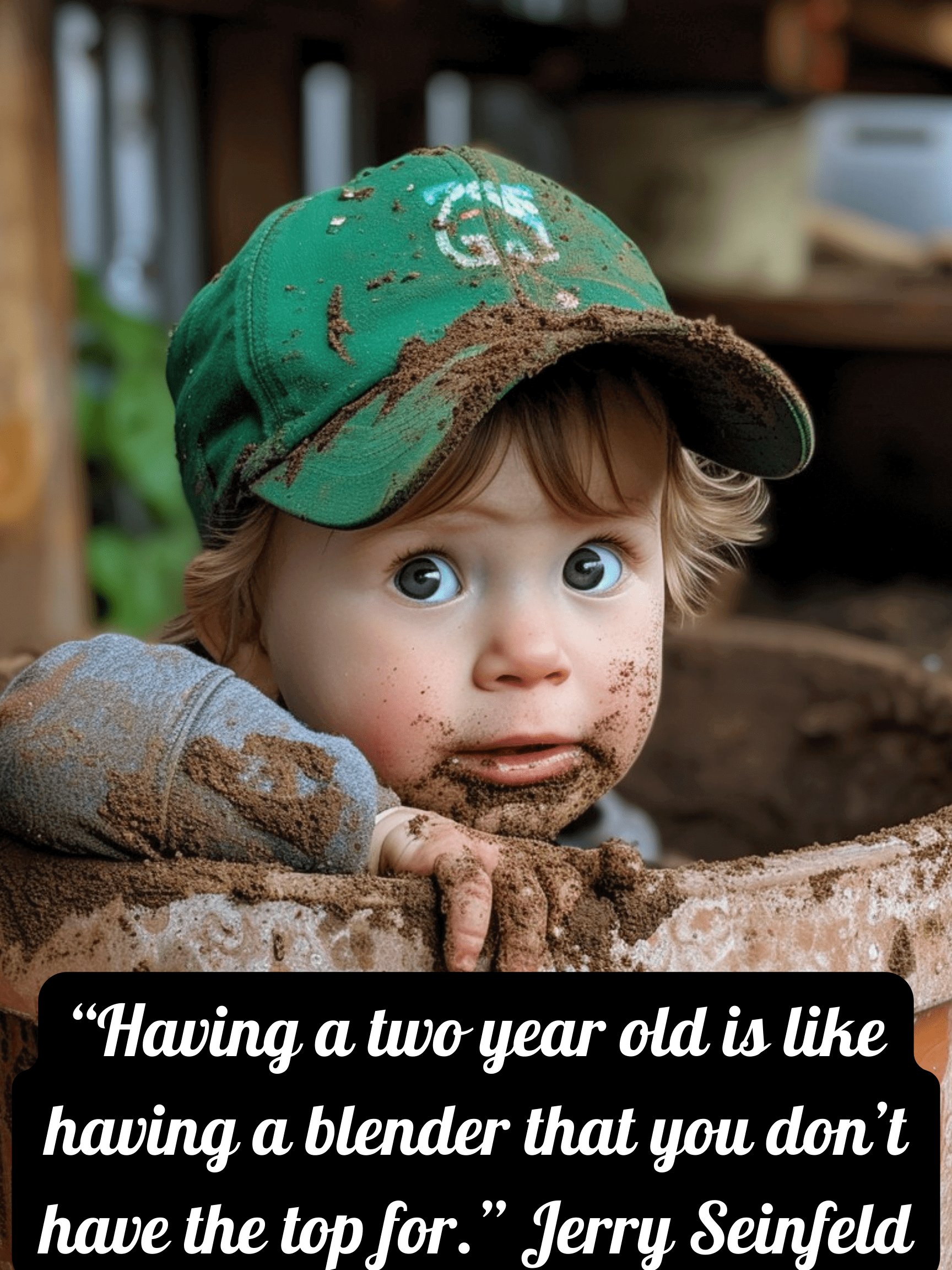Understanding Narcissistic Parenting: What You Should Know
Narcissistic parenting is a term that has gained attention in recent years, but what does it truly mean?
 Frustrated and stressed Dad sitting at table covered with toys, hand up to his mouth, eyes closed, as though he has had enough.
Frustrated and stressed Dad sitting at table covered with toys, hand up to his mouth, eyes closed, as though he has had enough.What is Narcissistic Parenting?
Narcissistic parenting is a style where the parent's needs, desires, and self-image take precedence over the child's well-being and development.
These parents often seek validation through their children, leading to manipulation, control, and emotional neglect. As a result, the child's sense of self and emotional health may be severely impacted.
Signs of Narcissistic Parenting
Recognizing narcissistic parenting can be challenging, especially because it often masquerades as concern or involvement.
Here are some common signs:
- Over-Controling: A narcissistic parent may try to control every aspect of their child’s life, from their appearance to their friendships.
This control is often exercised under the guise of “knowing what’s best,” but it leaves little room for the child to develop autonomy.
- Lack of Empathy: Narcissistic parents often struggle to empathize with their children’s feelings. They may dismiss their child’s emotions or needs, focusing instead on their own.
- Conditional Love: Love and approval from a narcissistic parent may be contingent on the child’s ability to meet the parent’s expectations.
This can lead to a sense of insecurity in the child, who may feel they are only worthy of love if they perform or behave in a certain way.
 Mom very angrily points at her son who appears to be doing nothing wrong.
Mom very angrily points at her son who appears to be doing nothing wrong.- Excessive Criticism or Praise: While praise might seem positive, in the context of narcissistic parenting, it can be another form of control.
Praise may be given not to boost the child’s self-esteem, but to manipulate behavior.
On the other hand, excessive criticism can be used to undermine the child’s confidence, keeping them dependent on the parent’s approval.
- Projection: Narcissistic parents may project their own insecurities, failures, or desires onto their children.
For example, if the parent wanted to be a musician but never succeeded, they might push their child relentlessly to achieve that dream, regardless of the child’s interests.
The Impact on Children
The effects of narcissistic parenting can be profound and long-lasting. If raised in such an environment, children may struggle with self-esteem and identity issues.
Here’s how:
- Low Self-Esteem: Children of narcissistic parents often grow up feeling inadequate. They feel that they can’t meet their parent’s expectations, leading to a sense of failure.
- Difficulty Establishing Boundaries: Because they’ve never been allowed to set boundaries with their parents. These children may struggle to do so in other relationships, like friendships or romantic relationships.
- Identity Issues: When a child is constantly molded to fit their parent’s desires, they may lose touch with their own identity. They might struggle to know who they are, what they want, or what they value.
- Perfectionism and Anxiety: The high expectations of a narcissistic parent will not only lead to perfectionism but also anxiety, stress and burnout.
- Problems with Trust and Intimacy: Because they’ve been manipulated and controlled, children of narcissistic parents often have trouble trusting others. Struggling with intimacy and fearing rejection.
How to Break the Cycle
If you recognize any of these patterns in your own parenting, don’t despair. When you understand narcissistic parenting you are one step closer toward creating a healthier environment for your children.
Here are some strategies to help you move forward:
 Young boy looking confused.
Young boy looking confused.- Practice Empathy: Make an effort to understand and validate your child’s feelings. Ask them how they feel, listen without judgment, and offer support rather than solutions.
- Encourage Independence: Allow your child to make their own decisions, even if it means they’ll make mistakes. This helps them develop confidence and a sense of autonomy.
- Set Realistic Expectations: Understand that your child is an individual with their own strengths and weaknesses. Set age appropriate expectations and be supportive, even when they fall short.
- Focus on Unconditional Love: Show your child that they are loved for who they are, not for what they achieve. Praise their efforts and character, rather than just their accomplishments.
- Seek Professional Help: If you’re struggling to change these patterns on your own, consider seeking help from a therapist.
A professional can help you explore the roots of your behavior and develop healthier ways of interacting with your child.
Supporting a Child with a Narcissistic Parent
If you’re not the narcissistic parent but are concerned about your child’s other parent, it’s important to be a supportive and stable presence in their life.
Here are some ways to help:
- Provide a Safe Space: Create an environment where your child feels safe to express themselves without fear of judgment or criticism.
- Encourage Open Communication: Talk to your child about their experiences and feelings. Let them know that it’s okay to have mixed emotions about their other parent.
- Model Healthy Relationships: Show your child what a healthy relationship looks like by setting boundaries, communicating openly, and showing respect and empathy in your interactions.
- Reinforce Their Worth: They will develop a strong sense of self-worth when you encourage their interests and passions.
 Mom and daughter sitting on a bench on a beautiful fall day holding hands and communicating with one another
Mom and daughter sitting on a bench on a beautiful fall day holding hands and communicating with one anotherWhether you recognize these traits in yourself or someone else, it’s never too late to make a change.























